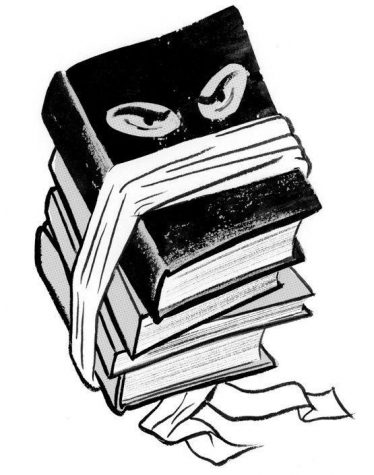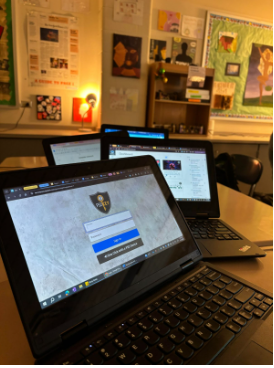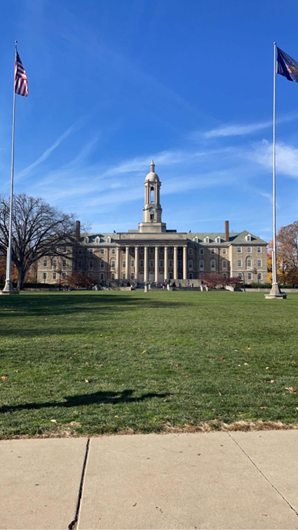Scholastic Censorship
According to the first amendment, “Congress shall make no law respecting an establishment of religion, or prohibiting the free exercise thereof; or abridging the freedom of speech, or of the press.” This is a statement that protects our freedoms of speech as United States citizens, but new laws have been made that place down different ground rules for the instances of scholarly writing. Students are not given the same freedoms as what the constitution states should be given to all people. Schools ban and censor historically engrained books because of controversial ideas or language and any article or piece of writing produced by a student is subject to being censored for subjective reasoning.
Many schools publish newspapers or some sort of online news outlet with articles provided by students. These articles are subject to being censored by the school to avoid disturbing the educational process or creating controversy. This directly contradicts our rights as US citizens. Anything the school decides is too “controversial” or “disrupts the educational process” can be removed from the public eye, no questions asked. Pennridge High School teacher, Mr. Friedman says, “Students should be able to express their opinions without harming others.” The purpose of the First Amendment was to prevent this and to allow any morally sound and factual information to be released into public view. On the other hand, if executed correctly, censorship can prevent unreasonable turmoil and keep students in check as to what an appropriate topic may be.
With regard to censorship of books, there are also two sides. One opinion is that books that have been around for hundreds of years are of course going to be a little controversial, but typically overall have a good message. One of the Pennridge High School librarians commented saying that “When you ban a book or take it away, you might be taking something that someone may need. A library is supposed to have everything for everybody”. The other argument is that banned books have ideals or language in them that have been proven unjust and children should not have access to them.
In today’s day and age, is removing a book from a library going to prevent a child from seeing these ideas, or simply hinder them from learning about these ideas in a factual and historical way?










